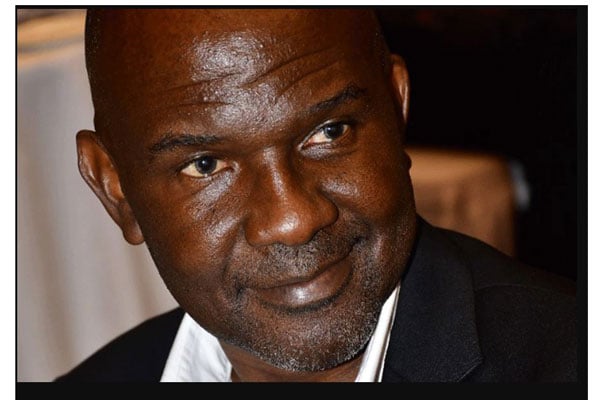FDC and post-colonial Africa political parties

Asuman Bisiika
What you need to know:
- New ideas. If Opposition political parties have resigned (actually reduced) themselves to accept that they can only fight for parliamentary seats, what new ideas is a new party putting on the table?
In the end, power has to be shared. The most manifest way of power sharing lies in the decision making process (policy origination) and execution (police implementation).
Even the most vicious dictator will, in one way or the other, share with someone. It could be his or her spouse or a band of like-minded courtiers.
Absolute monarchs of olden days had courtiers against whom ideas were bounced for review and later execution. Even military rulers or dictators will always have some group of people (be it family, Military High Command, Military Council or other) with whom they claim to hold power on behalf of the people.
So, there will always be parties or groups whose purpose is to hold power and manage the machinery to exercise that power. But contemporary African political parties have a unique character and disposition.
I am now involved in research on Maj Gen Jovenale Habyarimana’s MRND (National Republican Movement for Development) and Field Marshal Mobutu’s MPR (Popular Revolutionary Movement).
In spite of these high-sounding names, these parties or movements were merely holding vessels for the execution of power by the party leaders. Even their argument that their objective was to economically develop their countries could not be sustained.
Incidentally the fall of these two strong political parties and their leaders was not through an electoral process. A ‘situation’ was visited on them that rendered their hold unto power untenable.
With these testimonies, one may wonder why disagreements in FDC may end up in the formation of a splinter (new) party? Is political environment obtaining in Uganda favourable for the growth of political parties? Is it difficult for us to see that NRM is not the only power base (could be the least by the way) for Mr. Museveni?
Parties only act as the faces of the idealism, hopes, wishes, attitude of the people. In Kenya, so long as the subterranean idealism of the people is still intact, political leaders can change names of their parties whenever they want.
However popular a political party or party leader in Uganda may be, the management of the electoral process in Uganda is not good enough to bring out that popular victory and the consequent accession and management of the machinery to exercise that power.
A dictatorship is not about the imprisonment or torture of opponents or challengers. It, by default, creates or deliberately engenders a situation where the people are so hopelessly desperate to trust anyone who bears (even a slight) flick of hope.
In 1971, military ruler Idi Amin was hailed as a national saviour because his proximity to the instruments of coercion had enable him mobilise capacity to wrest power from then president Apolo Milton Obote.
In 1986, Ugandans rallied behind a certain Yoweri Museveni because he had portrayed himself as a person who stood up to the political bully of the time.
It can, therefore, be deducted that Bobi Wine or Mugisha Muntu or whoever else are a manifest, not a feat or feet or fest or fete, of some cause or other. They, like our beloved Hajj Nasser Ntegge Ssebaggala, are just an ephemeral fleeting manifest of Rule Musevenia’s (by characterisation and disposition) restrictive and constrictive hold on the political dynamics of the polity.
If Opposition political parties have resigned (actually reduced) themselves to accept that they can only fight for parliamentary seats, what new ideas is a new party putting on the table?
Is Gen Muntu leading ‘a revolution in parliament’ whose objective is to deny FDC the power to appoint Leader of Opposition in Parliament?
For Rule Musevenia, by character and disposition, it is about power.
Mr Bisiika is the executive editor of East African Flagpost.
[email protected]




